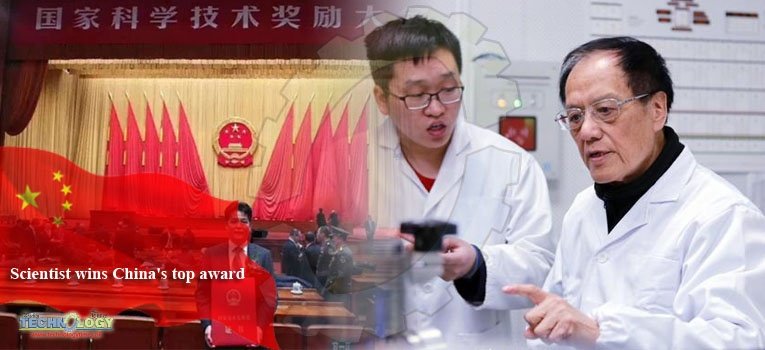China’s Beidou Navigation Satellite System (BDS) has recently started providing global services. However, few people in the country have ever heard of Zhao Yuanfu, the man behind homegrown aerospace integrated circuits.

Earlier this month, Zhao won the State Technological Invention Award, China’s top science honor, for his contributions in made-in-China aerospace integrated circuits, among other achievements.
By the end of 2018, 33 BDS satellites have been operating in orbit, while another 12 will be launched in the next two years. China has been building the system since the 1990s, at first using imported parts. Top scientists like Zhao have since then been working on developing China’s own aerospace technology.
Zhao, 56, who heads the Beijing Microelectronics Research Institute of the China Academy of Aerospace Electronics Technology, has led his team for years to make the first made-in-China radiation-hardening integrated circuits.
In July 2015, BDS launched two new-generation satellites, the first one equipped with aerospace circuits designed and made in China.
To cope with radiation in the space, the integrated circuits require extra protection against cosmic rays to work longer and more stably.
Zhao has made the radiation-hardening technique part of the design rather than part of the manufacturing process as previously done. This has gained him countless state and regional science awards, 56 patents and more than 230 products.
They are not only used widely in China’s own Beidou satellites and space stations, but also exported to Russia, France, Germany and Switzerland, among other countries.